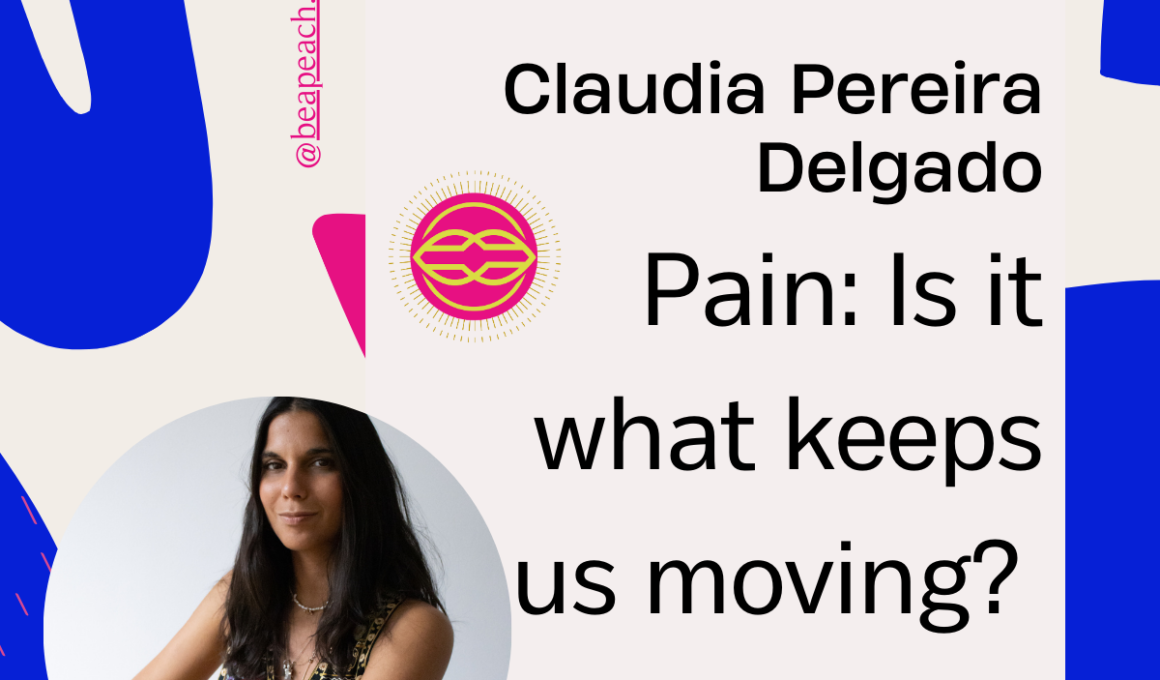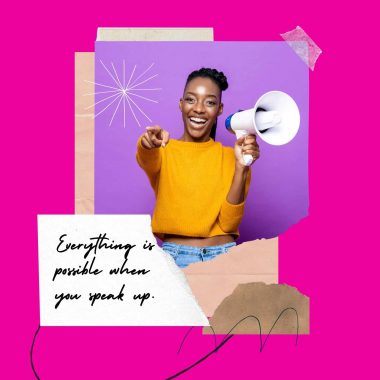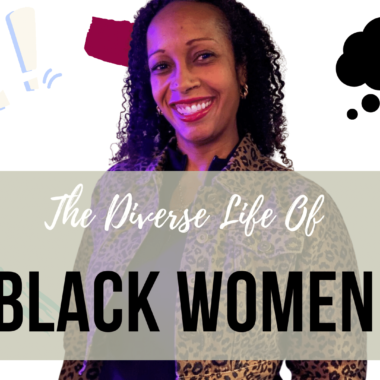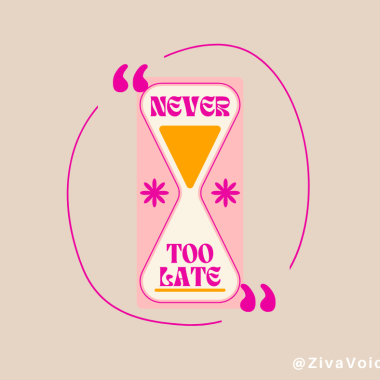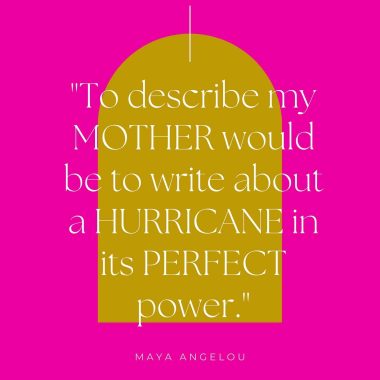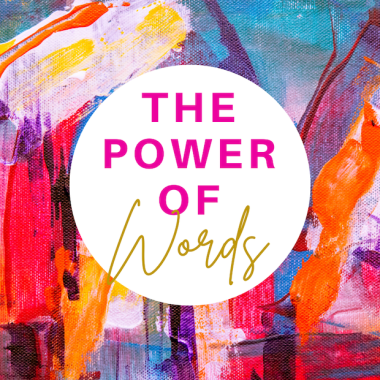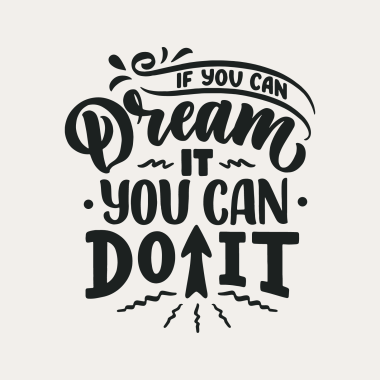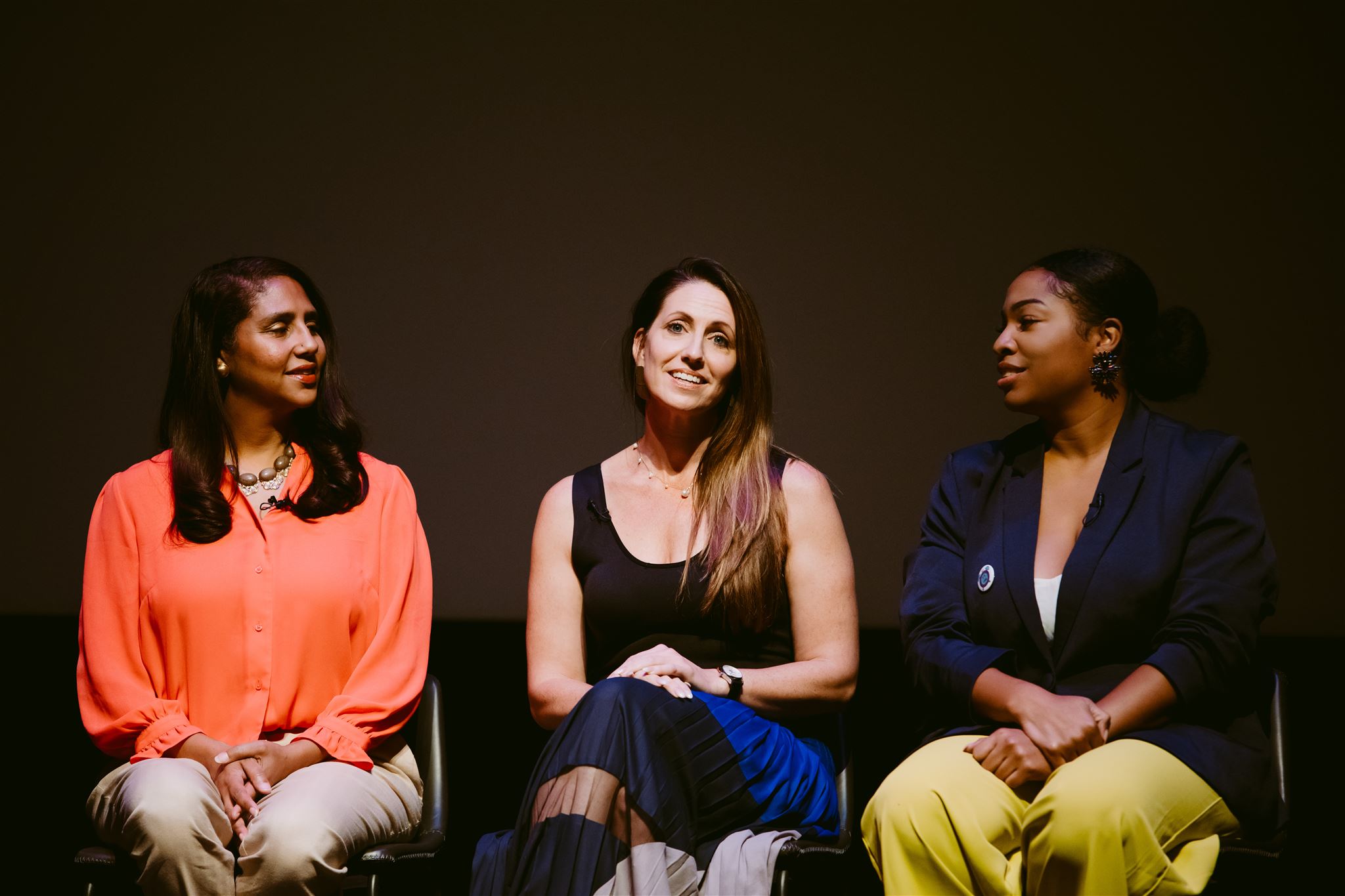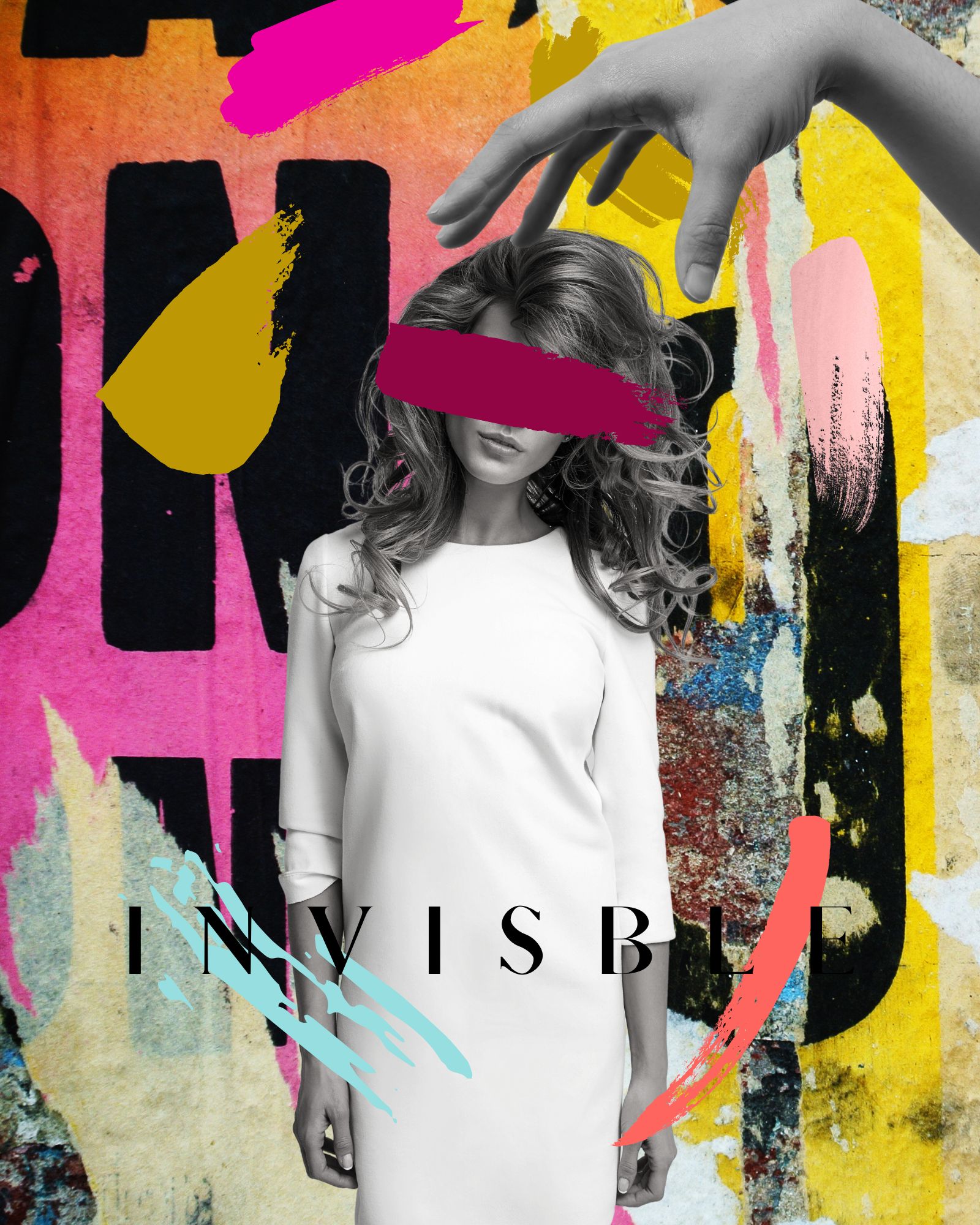By Claudia Pereira Delgado
We open Instagram or go to a book shop, and the storyline is mostly the same: “be positive and optimistic. Find that hope inside yourself.” We try to avoid our most depressive friends or colleagues, and the USA has the highest number of people addicted to antidepressants ever. Meanwhile, our planet is burning, and there is a rise in projects trying to solve it and change the way we have been creating. I think about the anatomy of an atom, the fundamental element of the universe, and our very own selves; it is its dichotomy – the fact that it has a positive and negative side- that creates the action that makes the universe. And I wonder – as guardians of the planet, creators, and business people, what should be our relationship with pain?
Sometimes straightforward, sometimes disguised as another feeling, pain can take many forms and seems to be part of the inception of all the greatest achievements and projects even when the creator is unaware of it (as we mostly try to avoid it). Can pain be the prescription we all need to endure to have a healthier relationship with ourselves, others, and the planet? I believe so.
A couple of weeks ago, I was talking with a friend and very successful cinematographer who had just arrived back from Venezuela, where he was filming for several weeks the police power abuse and the fate of those who are abandoned as children in extreme poverty. In a mist of worrisome and curiosity, I ask him how he has been dealing with the experience and agony he has felt from the people.
If I look back at the journey (mine and the others), pain is indeed one of the main ingredients for action, responsibility and commitment.
He tells me the key is to go through your emotions and assess why you accept to start a job or a project in the first place. What has triggered you? Which pain have you felt that makes you want to solve a problem, write that story, or take part in a solution?
The best projects I have encountered start with a good story, not a business plan, and that story mostly starts with the pain the founder(s) felt at some point in their lives. Taking my filmmaker friend’s example, the pain he felt from power abuse and injustices when he was younger made him want to go to Venezuela and tell the story of those who were now feeling power abuse. Just like the highest voices of indigenous activism have come from the pain of being displaced, the appearance of a new environmental disease, or the decline of vital resources that they consider sacred. We all want happy and healthy lives, but it is from our deepest sorrows that we find the cure needed to achieve it. The type of pain we feel in these situations is what I like to call rage pain – a pain that is so ingrained in ourselves, so hurtful, and so unfair that finding a way to cure it comes, consciously or unconsciously, to us as a survival mechanism. It is the ignitor of our more intrinsic motivations. And in this way, such pain can also be dangerous (or a trap to victimization or numbness) if not mixed with other crucial ingredients: hope and a deep belief in ourselves and others.
Just like the atom also needs the other side of the pole to move, the same happens with different types of action. When we are aware of our pain, we are able to feel empathy with others, the planet, and also their wounds; it is hope, though, that makes us believe there is another way of feeling. Plus, a deep belief in oneself gives us the courage and voice needed to achieve our dream reality or fight for the cause we are committed to. The deep belief in others makes us believe that our paths are intercrossed and that someone will continue to move the cause wherever our course has ended.
This last paragraph makes me think of another type of pain, which is not rage pain but growth pain. Growth pain is often difficult to identify, and, in my own experience, it is often confused with fear (which is indeed a component of it). Through my endeavors as a young entrepreneur woman with a sole team of women, this pain has taken many forms, whether it was to grow my voice, learn to say “no” or just surpass other internal limitations about ourselves. In other words, the acceptance of our growth pain is the acceptance of our evolution, personal growth, and the acceptance of our value. The further we go on our journey to create a better world, the higher the stakes.
Accepting pain can teach us a lot about how to create for the planet and acknowledge mother Earth and the pain of other fellow beings – such as trees, birds, hills, or rivers. The acknowledgment of pain makes us more open and attentive.
To deeply connect and be responsible for the planet means seeing its beauty and the wounds and feeling them as our own. In a world where it is easy to forget that humans are nature, pain is an excellent reminder of it and a crucial part of our human experience. Our humane experience is a manifestation of nature itself. So, if we want to heal the planet, it is time to act like nature, which means the acceptance of our own nature and pain. To leave the state of creating and collaborating from numbness is still so much influenced by Decartes’ mentality that we are machines that should produce without feeling, without the responsibility we have with ourselves, the others, and the world, without pain, hope or joy.
Last week, during a meeting where I felt patriarchy happening through a colleague neglecting my time to speak and interrupting me, I felt pain. A pain that brought me empathy for the many women who reported me the same, which made me see my pain as a societal pain. Then I thought of Mother Earth and how she also feels this pain of not being listened to. Thus, pain can bring us many moments of clarity, connectedness and deep action when accepted.
After the same meeting, one of my BAP colleagues sat beside me, asking me why I was feeling so down. On a second question, when she asked me how I felt about the episode, she replied, “Pain is a feeling I shouldn’t be experiencing.” That was the exact moment where I felt like coming back to myself again. We should feel it all.
On Mondays, we start the day with a gratitude session in which everyone needs to say what they are grateful about the week before. Now, we have another question: which pains have you felt last week?
About Cláudia
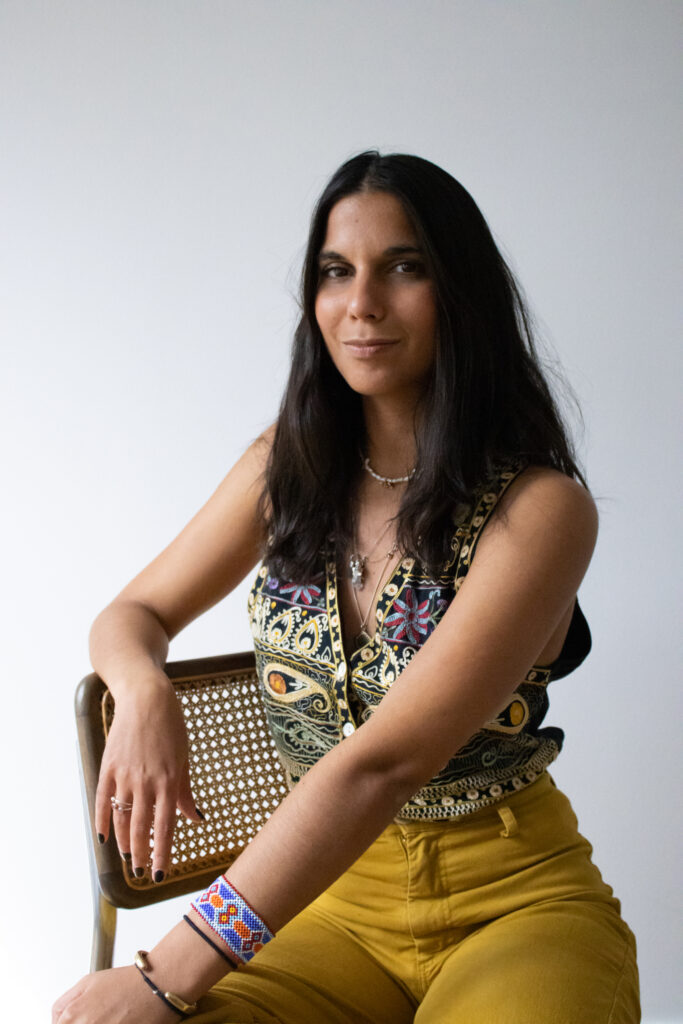
Cláudia is founder and strategist of BE A PEACH, a creative agency focused on using creativity for good. She studied Business, Marketing, and Art Direction in Lisbon and London before moving to Asia where she immersed herself into different social and environmental projects and initiatives. In 2017, Cláudia founded BE A PEACH and has been working with planet-centric projects from all over the world with a team of multi-talented creatives who want to use their creative skills for positive impact.
